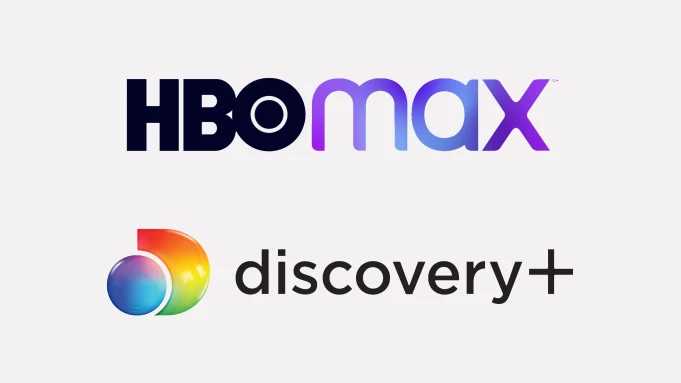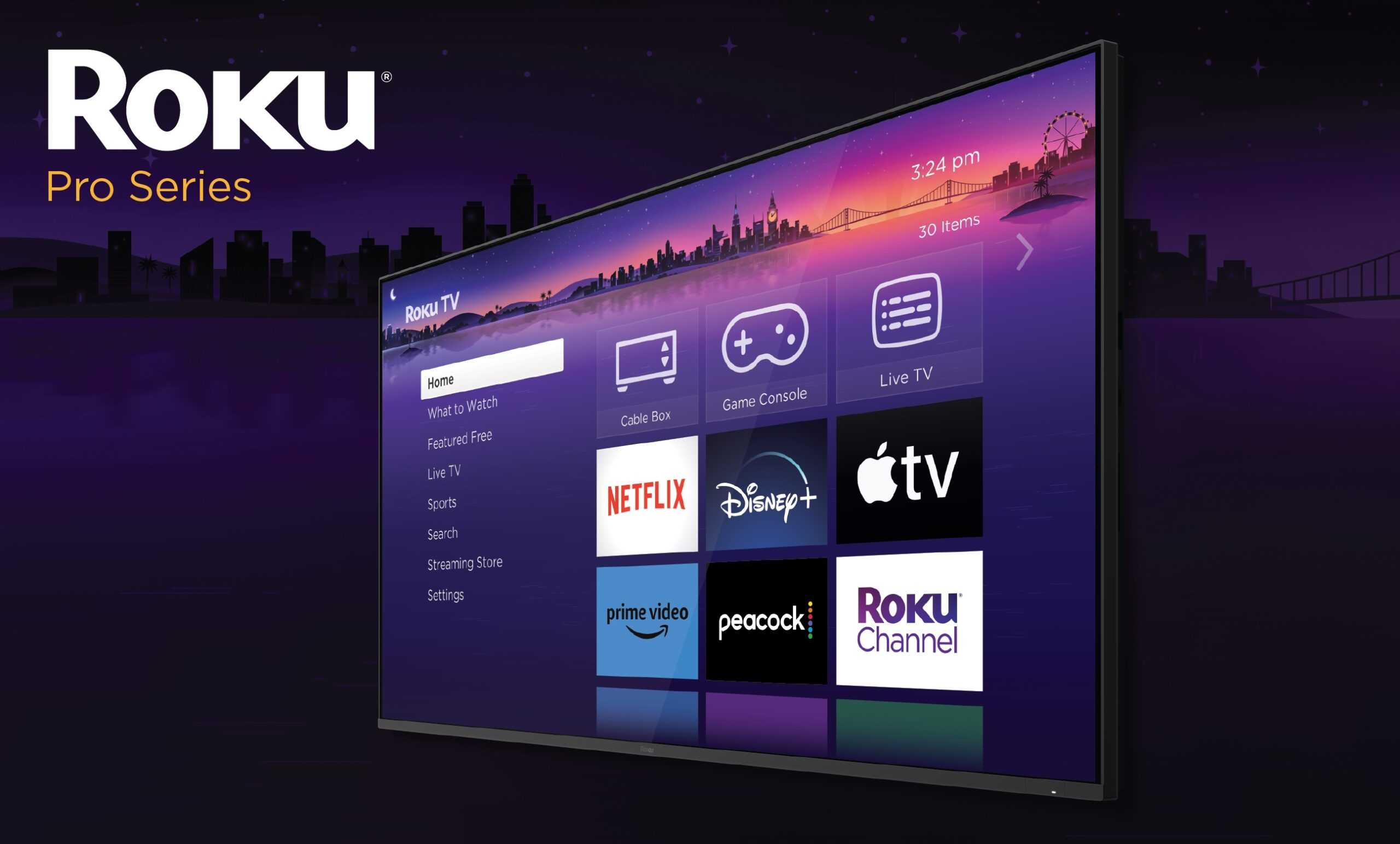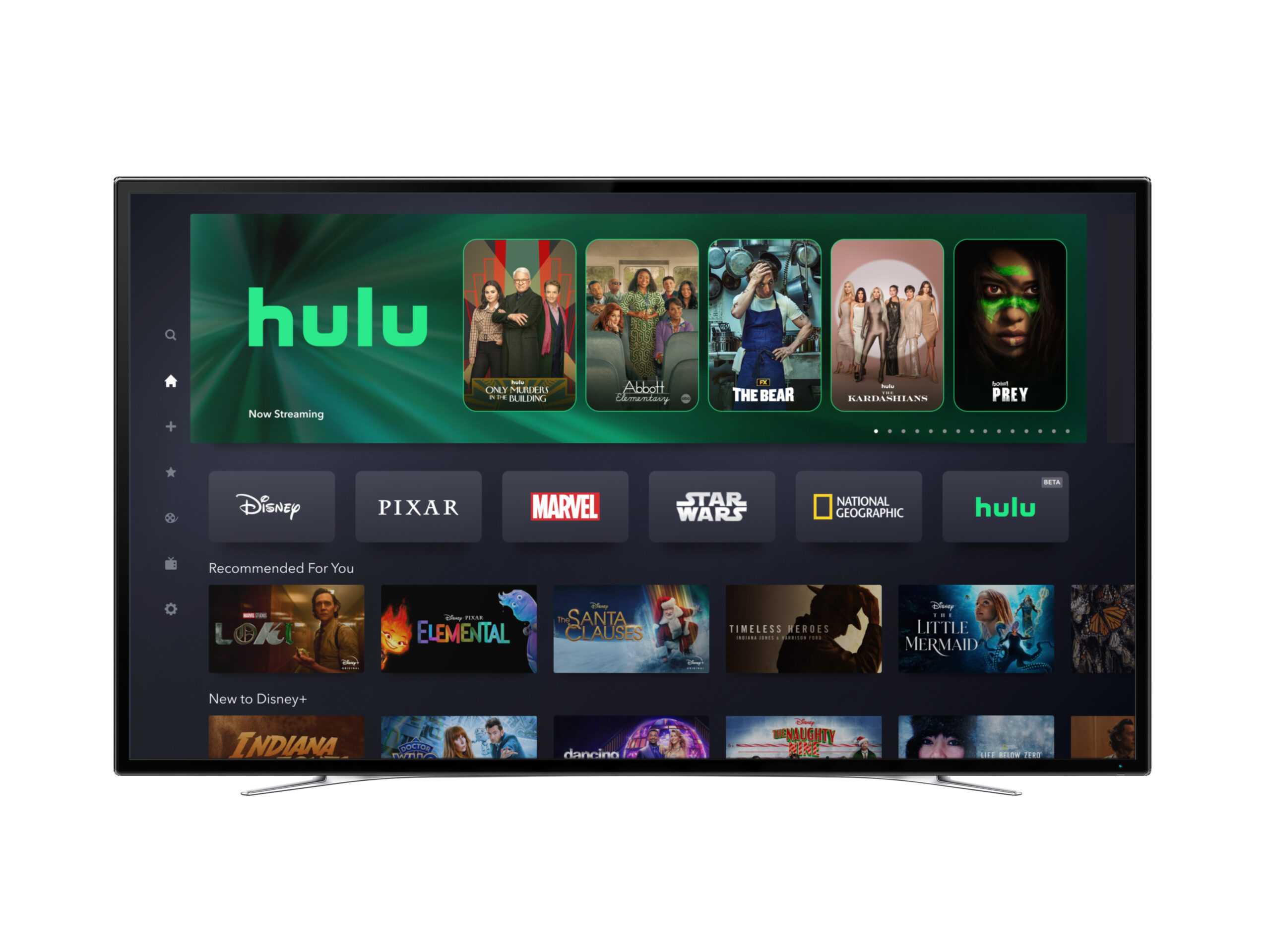During its Q2 earnings call, Warner Bros. Discovery announced it had 95 million global subscribers across all its streaming platforms and provided more details about how its two streaming services, HBO Max and Discovery+, would merge following Discovery Media’s acquisition of WarnerMedia last June.
The new combined streaming platform is targeting a summer 2023 launch date in the United States, with other markets to follow shortly after. No name or pricing information has been revealed for the new platform, but it will be offered in both ad-supported and ad-free subscription tiers, with a free ad-supported television (FAST) service coming later. The combined platform would have all the content from both HBO Max and Discovery+.
Decisions on content and budget are at the forefront of the company’s planning. The two platforms will also start cross-sharing content in the coming months. CNN Originals are coming to Discovery+ in August, adding 800+ episodes of original food, travel, and true crime content from CNN and HLN to Discovery+. Select content from the Magnolia Network, including home renovation show Fixer Upper, will become available on HBO Max in September, while the new series from creators Chip and Joanna Gaines, Fixer Upper: The Castle, will debut simultaneously on HBO Max, Discovery+, and the Magnolia Network in October.
Perhaps more interesting is what content won’t be available. Recently, Warner Bros. Discovery announced the cancellation of the HBO Max exclusive Batgirl movie, despite having spent over $90 Million and having completed filming, and the animated Scooby-Doo sequel to Scoob!, which was also near completion. HBO Max also unexpectedly and without announcement removed six original films from its platform.
During the company’s Q2 earnings call, JB Perrette, president and CEO of Discovery Streaming & International, explained that their analyses showed that investing in expensive direct-to-streaming content doesn’t make sense financially. Other large streaming services are encountering similar challenges. Disney recently announced a quarterly loss of $1.1B on its collective streaming services, while also announcing price increases for its services.
Difficulties in profitability are coming at a time of increasing competition among streaming services for customers and increasing pressure on household finances that is driving increased churn. While tentpole projects, such as House of the Dragon, are unlikely to be impacted due to the need to retain current subscribers, HBO Max and others may reassess their streaming content investment strategies for other projects.
“Owning the content that really resonates with people is much more important than just having lots of content,” Warner Bros. Discovery CEO David Zaslav said. “At a time when almost every piece of content ever made is available to consumers across any number of free and paid services, curation, quality and brand have never been more important.”
Interpret’s VideoWatch data shows the types of television watched by HBO viewers and Discovery+ viewers are quite different, but there are a few genres in common. Both HBO and Discovery+ viewers watch mystery, horror, and adventure programming more than the average streaming subscriber. In addition, Discovery+ viewers also heavily over index on cooking shows, documentaries, and biographies. Warner Bros. Discovery will likely continue to bring these types of original programming to its streaming platform, but how it balances these shows with HBO originals will be key.
Ready to level up your career? Check out Interpret’s Careers page for current openings and join our squad of Fun Scientists!







